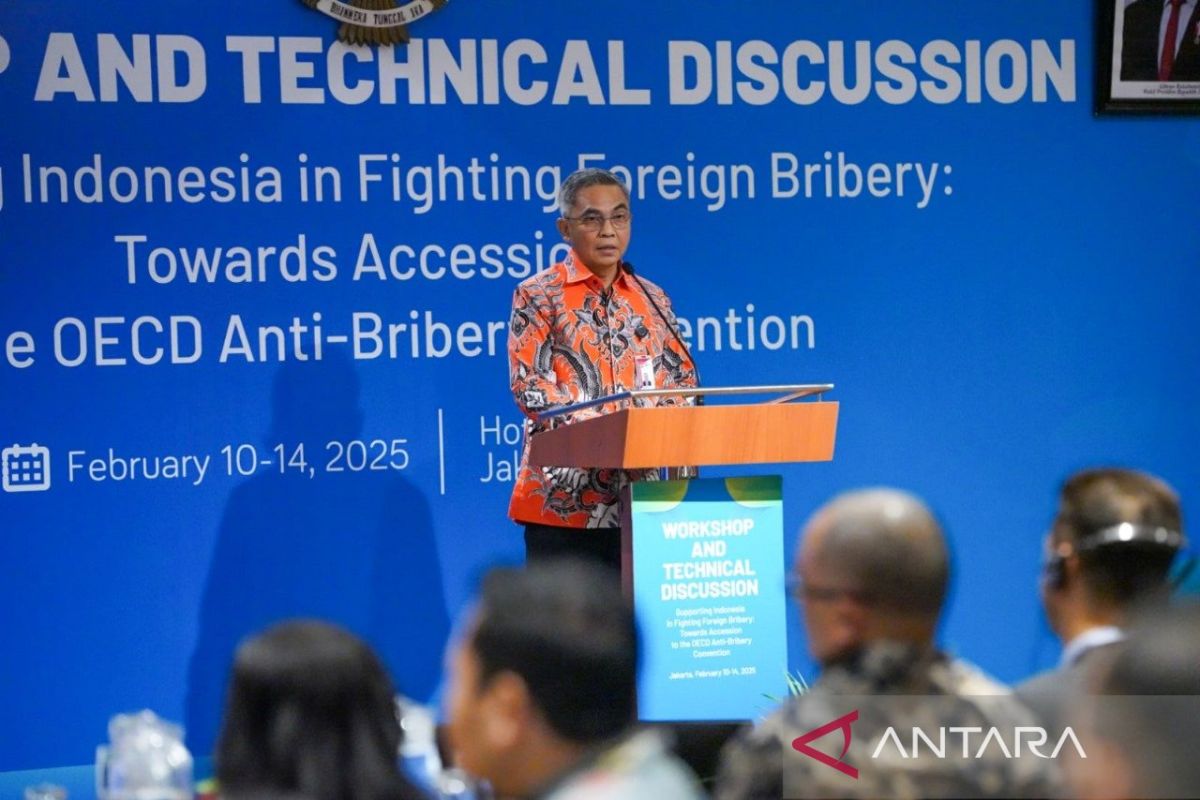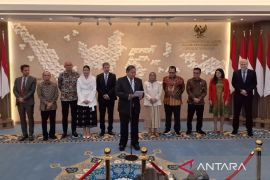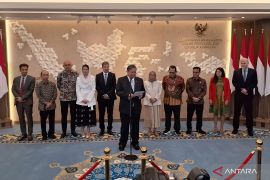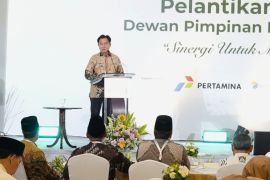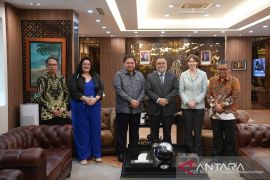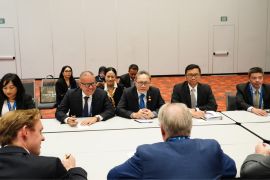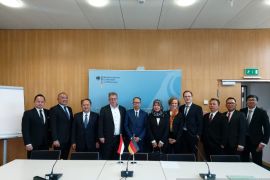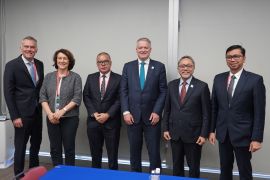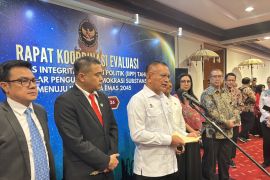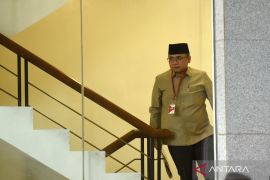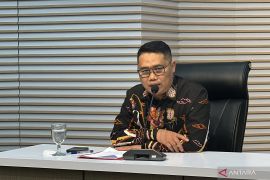Indonesia's commitment to supporting the OECD Anti-Bribery Convention was conveyed by KPK chairperson Setyo Budiyanto during a workshop and technical discussion in Jakarta on Monday. The discussion was held with the assistance of the Japanese government.
"The spirit of this convention is to force international business to compete fairly in business transactions in a country," he said.
"Bribery practices can provide illegitimate benefits for business actors by obtaining convenience from foreign public officials in opening or running businesses in that country. Thus, this accession is a crucial step in strengthening the national legal system," he explained.
According to Budiyanto, the Indonesian people are not yet familiar with the concept of foreign bribery.
Indonesia also does not yet have a legal instrument criminalizing the bribing of foreign public officials by domestic legal subjects.
Therefore, the workshop is an important step for legal designers and policy makers in Indonesia to start formulating laws and regulations that are in line with the OECD Anti-Bribery Convention.
The Indonesian government has begun the process of gaining membership of the OECD, marked by the acceptance of the OECD Indonesia Accession Road Map in March 2024.
One of the main prerequisites in the process is accession to the OECD Anti-Bribery Convention, which is the main legal instrument for supporting clean and fair governance in global trade.
The convention requires each state party to make the bribing of foreign public officials a criminal offense, including setting strict sanctions for individuals and legal entities involved, to maintain transparency and integrity in global trade.
The OECD Anti-Bribery Convention or Combating Bribery of Foreign Public Officials in International Business Transactions is also the only international agreement that focuses on addressing transnational bribery in business.
In Indonesia's accession map, there are at least 272 instruments, six of which concern anti-corruption issues, including the OECD Anti-Bribery Convention.
The OECD Anti-Bribery Convention includes 17 articles that regulate various aspects of eradicating bribery, ranging from criminalizing bribery, criminalizing corporations, and international cooperation, to strict sanctions.
"Combating all forms of bribery is the key to creating a clean business ecosystem, healthy business competition, and attracting sustainable investment. Thus, the integrity of the international market can be guaranteed in the era of the global economy," Budiyanto explained.
The KPK has been appointed as the anti-corruption coordinator of the national team for the preparation and acceleration of Indonesia's membership in the OECD.
For this reason, the commission has committed to actively participating in devising the required regulations so that Indonesia can meet the standards set by the OECD and successfully pass the evaluation of the Working Group on Bribery (WGB) before officially acceding to the convention.
"Hopefully, if all these steps have been implemented comprehensively, the number of deviations in corrupt behavior in the context of transnational business, especially bribery practices, will experience a significant decline," he said.
"Thus, the investment climate will become healthier, business transparency will increase, and the Indonesian economy can grow more sustainably and competitively on the global stage," Budiyanto added.
Related news: Indonesia commits to fight bribery to support OECD accession
Related news: OECD supports Indonesia's 5.2 pct growth target for 2025: minister
Translator: Fianda Sjofjan Rassat, Yashinta Difa
Editor: Primayanti
Copyright © ANTARA 2025
